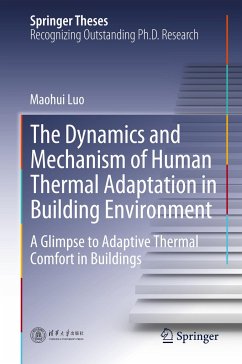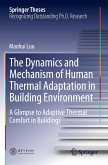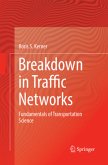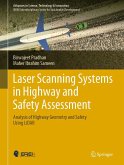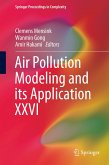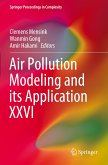This book focuses on human adaptive thermal comfort in the building environment and the balance between reducing building air conditioning energy and improving occupants' thermal comfort. It examines the mechanism of human thermal adaptation using a newly developed adaptive heat balance model, and presents pioneering findings based on an on online survey, real building investigation, climate chamber experiments, and theoretical models. The book investigates three critical issues related to human thermal adaptation: (i) the dynamics of human thermal adaptation in the building environment; (ii) the basic rules and effects of human physiological acclimatization and psychological adaptation; and (iii) a new, adaptive, heat balance model describing behavioral adjustment, physiological acclimatization, psychological adaptation, and physical improvement effects. Providing the basis for establishing a more reasonable adaptive thermal comfort model, the book is a valuable reference resource foranyone interested in future building thermal environment evaluation criteria.

